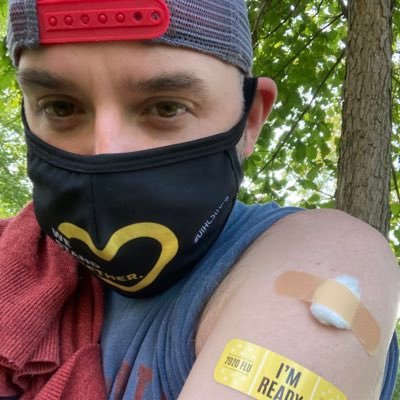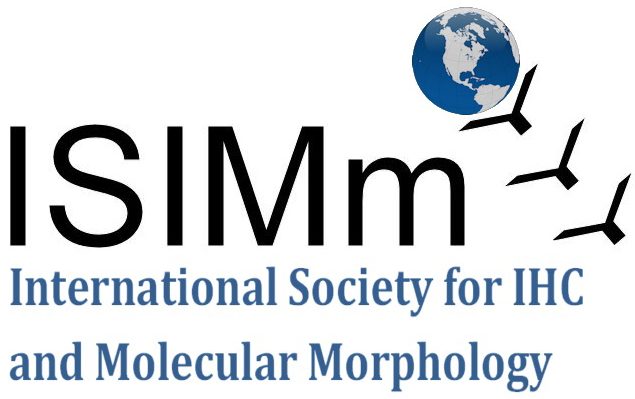This lecture presents an approach to the immunohistochemical workup of high-grade tumors of uncertain lineage. Topics discussed include “next generation immunohistochemistry,” the distinction of screening and differentiation markers, “non-canonical” expression of screening markers, the concept of dedifferentiation, and the role of RNA sequencing and gene expression profiling in this diagnostic setting.
At the end of the webinar, participants will be able to:
- Understand the concept of “next generation immunohistochemistry” and how it applies to tumor diagnosis
- Apply a judicious panel of immunohistochemical stains, including screening and differentiation markers, for tumor diagnosis
- Recognize patterns of non-canonical expression of screening makers, so as to avoid diagnostic errors
- Understand the concept of dedifferentiation and appreciate how it contributes to diagnostic uncertainty
- Recognize the strengths and weaknesses of RNA sequencing and gene expression profiling testing for tumor diagnosis
Host: Emina Torlakovic, ISIMM President
Target audience: Pathologists, Resident, Medical Students, Medical oncologists, Basic scientists working on cancer
CanMEDS Role: Medical Expert
About the Expert: Dr. Andrew Bellizzi is a Clinical Professor in the Department of Pathology at the University of Iowa. Following AP/CP residency at Virginia (’08), he completed a GI/Liver Pathology fellowship at Ohio State (’09). After 2 years as a junior faculty in Boston, he moved to Iowa in the Fall of 2011. Dr. Bellizzi is Director of Immunohistochemistry (IHC), GI Pathology, and the GI Pathology Fellowship at Iowa. He is Chair of the CAP IHC and USCAP Stowell-Orbison Award Committees. He is Secretary-Treasurer of ISIMM and an Associate and Assistant Editor of AIMM and the AJCP, respectively. Dr. Bellizzi’s research interests include the diagnosis, classification, and etiopathogenesis of human disease, with an emphasis on GI, pancreatic, neuroendocrine, and hereditary tumors Outside the office, Andrew enjoys “getting into trouble” with his 12 and 14-year-old boys, Aidan and Darby. In addition to “very special stains,” he also loves hiking, cooking, craft beer, the Boston Red Sox, and the Oxford comma.

This event is an Accredited Group Learning Activity (Section 1) as defined by the Maintenance of Certification Program of the Royal College of Physicians and Surgeons of Canada and approved by the CAP-ACP. You may claim a maximum of 1.0 hours per event attended. (credits are automatically calculated).
Declaration of Conflict of Interest:
Direct financial payments including receipt of honoraria from Pathology Learning Centers; American Society for Clinical Pathology
Funded SPORE (P50) grant from NIH
Click here to download a copy of the slides
